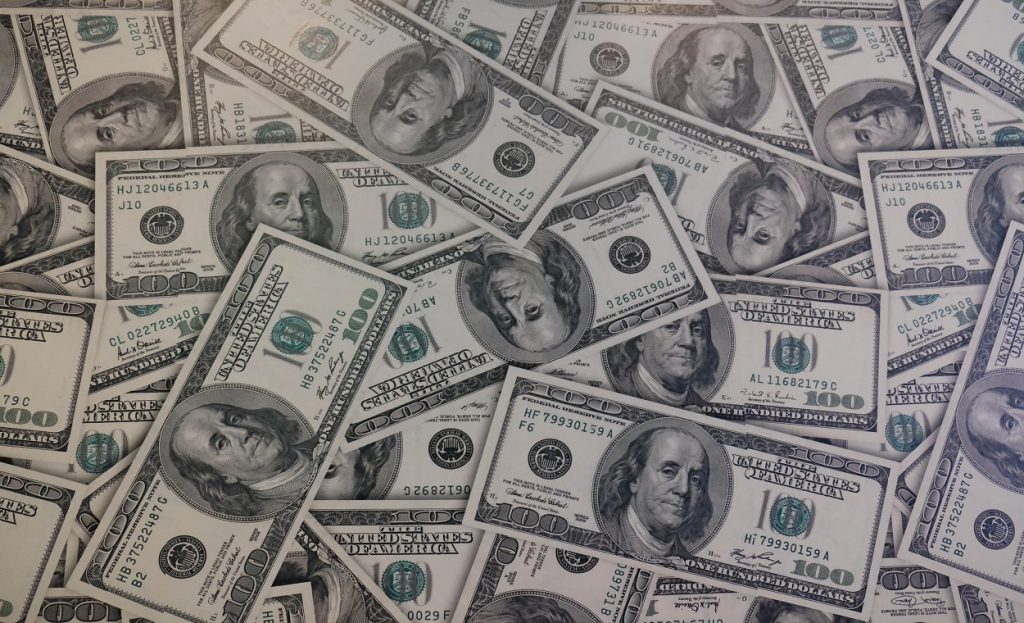Developing countries have not experienced galloping inflation, characterized by a persistent rise of at least 10 percent in consumer prices,[1] since the bleak 1970s, when the US consumer price index shot up 15 percent[2] due to excessively loose fiscal and monetary policies, supply-side shocks in the form of spiraling energy and food prices, and the removal of price controls.[3] Central banks, led by the US Fed, were left with no choice but to lift nominal interest rates significantly higher and slow down reserve growth.[4] This inevitably dampened economic activity and triggered a recession which proved severe and protracted, pushing up the US unemployment rate to 11 percent.[5] Upward pressures on prices were slow to subside, resulting in a condition known as “stagflation.”[6]
Economic instability and fragility had a mixed effect on the performance of equities, the preferred asset class for most investors, in the stagflationary environment of the 1970s.[7] Equity prices collapsed during the deep 1973-74 recession but, courtesy of resilient corporate earnings, had climbed broadly in line with the consumer price index until debilitating recession reared its ugly head again in 1981-82.[8] The corollary is that recession, rather than galloping inflation per se, poses the greatest threat to equities. Real estate, another asset class favored by investors, had also matched the increase in the consumer price index during the same period, but with less volatility than equities.[9]
The current economic backdrop bears close similarity to that seen in the 1970s. Overly easy fiscal and monetary policies—coupled with supply-side disruptions engendered by Covid, repeated and widespread Covid-induced lockdowns, and the Ukraine war—have propelled US inflation into galloping territory. While the consumer price index is officially rising at a rate of 8 percent, a more realistic assessment puts it 4 percent higher.[10] The Fed cannot turn a blind eye to these new realities, because they are politically rather than merely economically unpalatable. A rapid shrinkage of its balance sheet and a substantial lifting of interest rates is thus in the offing. This may possibly but not ineluctably lead to sharp economic slowdown without providing an immediate cure for inflation, that is stagflation, or even a 1981-82-style painful recession that will furnish that cure but at a heavy cost.
As matters stand, stagflation, featuring progressively slower economic growth with a gradually flattening consumer price trajectory, is a more likely scenario than a full-blown recession. The US economy and its labor market are currently in a far better shape than at any juncture in the 1970s and less vulnerable to any exogenous shocks. Moreover, long-term inflationary expectations remain reasonably well-anchored despite the recent surge in consumer prices.[11] It follows that the Fed may not have to raise interest rates meaningfully above the inflation rate to restore a modicum of price stability.
That said, higher interest rates, lower equity and real estate prices, wider credit spreads, stricter underwriting standards, and an uncomfortably strong currency are essential ingredients of a monetary tightening mix designed to take the steam out of the overheated demand side of the economy. This is not an ideal scenario for investors in risk assets but one that does not present with insurmountable challenges professional money managers who have the option of freely shopping around the globe, hedging portfolios, pursuing absolute return strategies, focusing on sector-specific beneficiaries of stagflation, and taking advantage of bottom-up opportunities and mispricing in the financial marketplace.
[1] https://www.thebalance.com/types-of-inflation-4-different-types-plus-more-3306109
[2] https://voxeu.org/article/today-s-inflation-and-great-inflation-1970s
[3] https://www.nber.org/system/files/chapters/c9160/revisions/c9160.rev2.pdf
[4] https://www.federalreservehistory.org/essays/great-inflation
[5] https://www.federalreservehistory.org/essays/great-inflation
[6] https://corporatefinanceinstitute.com/resources/knowledge/economics/stagflation/
[7] https://www.datatrekresearch.com/us-stock-and-real-estate-values-during-stagflation/
[8] https://www.datatrekresearch.com/us-stock-and-real-estate-values-during-stagflation/
[9] https://www.datatrekresearch.com/us-stock-and-real-estate-values-during-stagflation/
[10] https://asiatimes.com/2022/05/biden-bunko-blows-up-with-stock-market/
[11] https://www.dallasfed.org/research/economics/2022/0405
